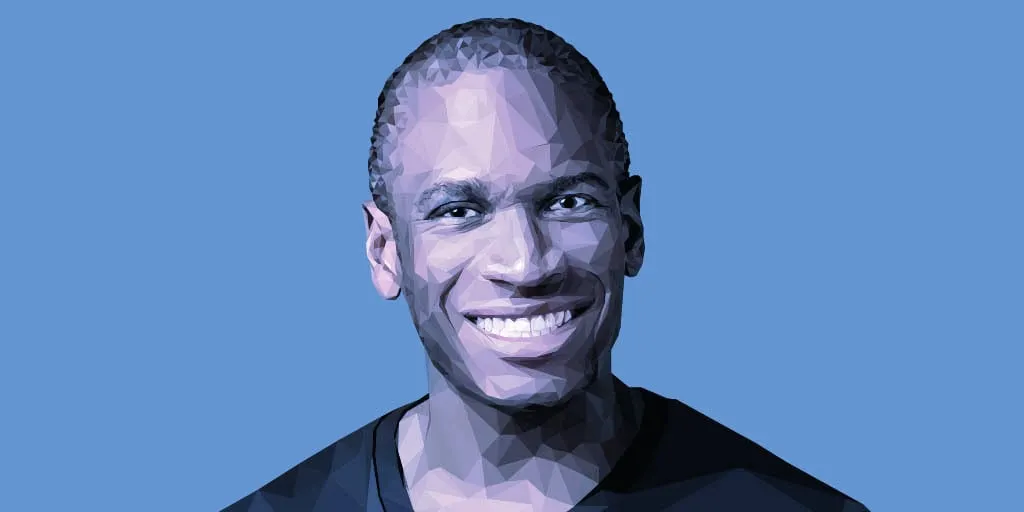The original crypto bad boy Arthur Hayes still has a bone to pick with what he calls the “broken banking system.”
Hayes, the founder of the cryptocurrency exchange BitMEX, said he sees crypto as an important asset for consumers to own as a hedge against risk from the traditional banking system.
“I don’t care if you’re capitalist or a communist. Everybody put on a lot of debt. We’ve passed the point where that debt is becoming useful,” Hayes said during an interview for a recent episode of the gm from Decrypt podcast. “And therefore everyone is going to take an 'L' unless they get some crypto or some gold—some hard asset that’s outside of the traditional banking system.”
Hayes founded BitMEX in 2014 and reaped his rewards for being so early to the industry. But in 2021, the Department of Justice charged him with violating the U.S. Bank Secrecy Act for failing to comply with anti-money laundering programs at BitMEX. He pleaded guilty and after serving two years probation and six months of home detention, he has relocated to Singapore.
In that time, Hayes has continued writing long-form essays about cryptocurrency and blockchain adoption. He says his motivations are to educate people about how crypto works and why it’s valuable as an alternative to traditional financial institutions.
According to Hayes, it’s become too politically damaging to let institutions fail in the traditional banking system. Instead, he said, politicians and regulators have tried to keep things going by piling on an increasing amount of debt.
He referenced the collapse of Silicon Valley Bank, where consumers rushed to withdraw their funds and triggered a massive bank run. Ultimately, California state banking regulators had to place SVB into receivership and the Federal Reserve had to implement emergency lending.
Recent banking collapses have also increased interest in alternative assets, such as Bitcoin, according to Hayes. He said people feared that they could not get full access to their assets, a large concern especially for institutions with large volumes of capital, and it made people consider cryptocurrency as an alternative.
As financial institutions have suffered large losses this year, cryptocurrencies have conversely seen increased volume and inflows.
“If we want crypto to be another financial system, people need to really understand what we're trying to replace, or improve upon,” he said. “The unfortunate fact is, a lot of people don't receive any sort of education about how money works, how the banking system works, how asset markets really function.”

